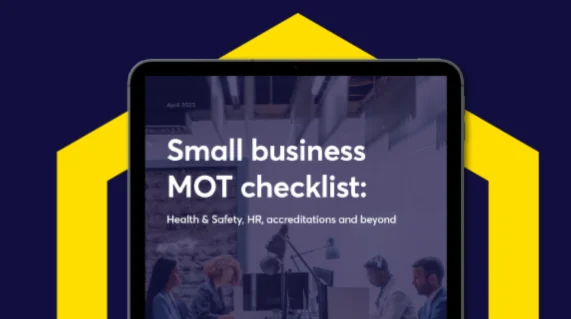What issues arise when employees have two jobs?
In this era of the ‘flexible economy’ significant numbers of workers are likely to be working two jobs at the same time. Although there are no reliable statistics regarding employees with more than one job, there are currently over 8 million people in part time employment across the UK and research by the CIPD in 2013 estimated that there are as many as 1 million people on zero hour contracts; it therefore seems reasonable to assume many people are working a second job.
So what are the HR issues facing an employer when an employee holds a second job elsewhere?
Conflicts of interest
Naturally both jobs may be in a similar line of work or industry due to the skills, qualifications and contacts of the employee. All employees work under the implied contractual duty of trust and confidence towards his or her employer, yet many employees may ignore such a duty (or even be unaware that a conflict exists).
It is therefore sensible to have within your contracts of employment a clause that prevents the employee from working for another employer where that employer may be in competition with your business. However, like all restrictive covenants, care must be taken to ensure that such a clause goes no further than is necessary to protect the legitimate interests of your business and therefore each case should be assessed on its own merits. For example, an absolute restriction on directors and senior employees may be reasonable whereas for junior or administrative employees it may be more appropriate to merely require the employee to seek your permission before taking up a second job, with a proviso that permission will only be withheld with good reason. The type of industry is also important, for example in the restaurant and retail industry customers are much more transient and therefore such restrictions are less likely to be necessary or reasonable.
Employers must also take care not to breach the recent regulations relating to exclusivity in zero hour contracts which came into force this February and should avoid contractual provisions for such workers that could lead to a breach of the regulations, in particular those banning secondary employment or requiring your permission to hold a second job.
Even where there is no direct conflict of interest, employees may display a preference to one job over another, perhaps due to the level of earnings, which could result in absence from work in order to carry out additional work in the higher paying job and this possibility should be borne in mind where the employee has a record of short term absences.
The Working Time Regulations and health & safety
The Working Time Regulations 1998 implement a maximum working week of 48 hours and although not expressly stated within the Regulations, UK Government guidance has made clear this total applies cumulatively to all employment held by the individual, not separately to each job. It is therefore sensible to ask such employees to sign an opt out agreement to avoid a breach of this provision. If an employee does not then you can reasonably limit their total hours of work to 48 per week taking into account the hours worked elsewhere, or alternatively request that they reduce their working hours in their second job.
Employers should also be mindful of their more general health and safety obligations towards employees (and also other people affect by the work carried out) even if the employee works less than 48 hours a week. If you have reason to believe that a risk is posed by the fact the employee has a second job then you should seek to eliminate or control that risk; it should not be assumed that an employee will take such steps themselves.
A simple contractual provision that employees must declare any secondary employment including the nature of the role and the hours worked (in terms of both quantity and time of day) is also recommended.
Performance
Everyone has limited reserves of energy and concentration and second jobs will of course be an additional drain on these. If there is a noticeable deterioration in performance then this should be acted upon promptly and the possibility that the second job is a factor investigated.
The employee in question may be reluctant to admit this (and no assumptions should be made) but if there are reasonable grounds upon which to base such a belief then you will within your rights to address the issue. This will preferably be through informal discussions and arrangements with the employee but formal capability or even disciplinary proceedings may be appropriate where the situation endures.
Finally, keep an open mind, second jobs are not necessarily negative; employees may develop new and useful skills or gain financial security which in turn reduces stress.








